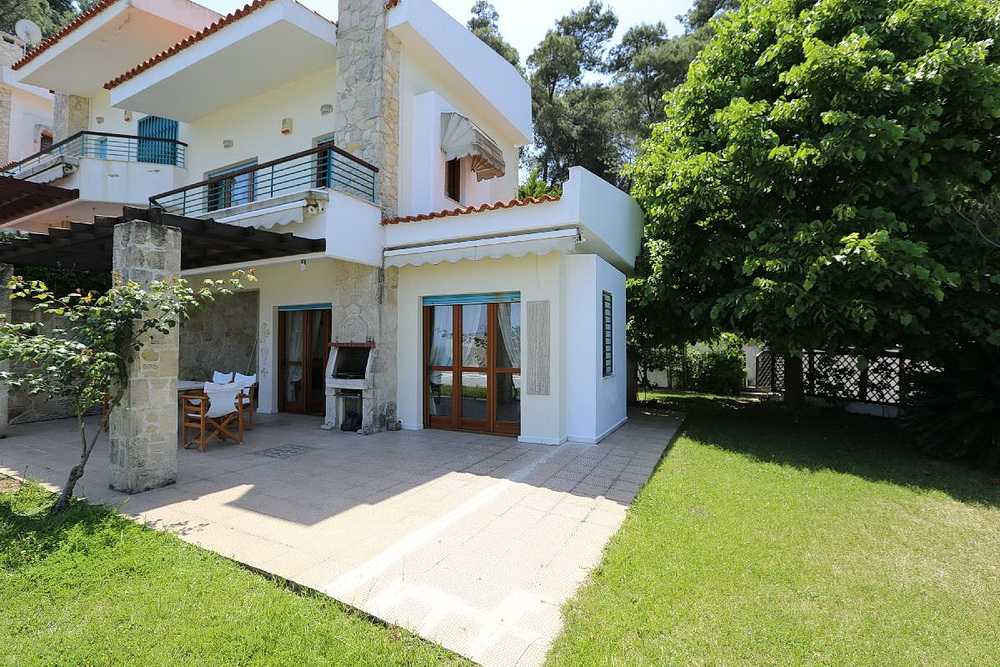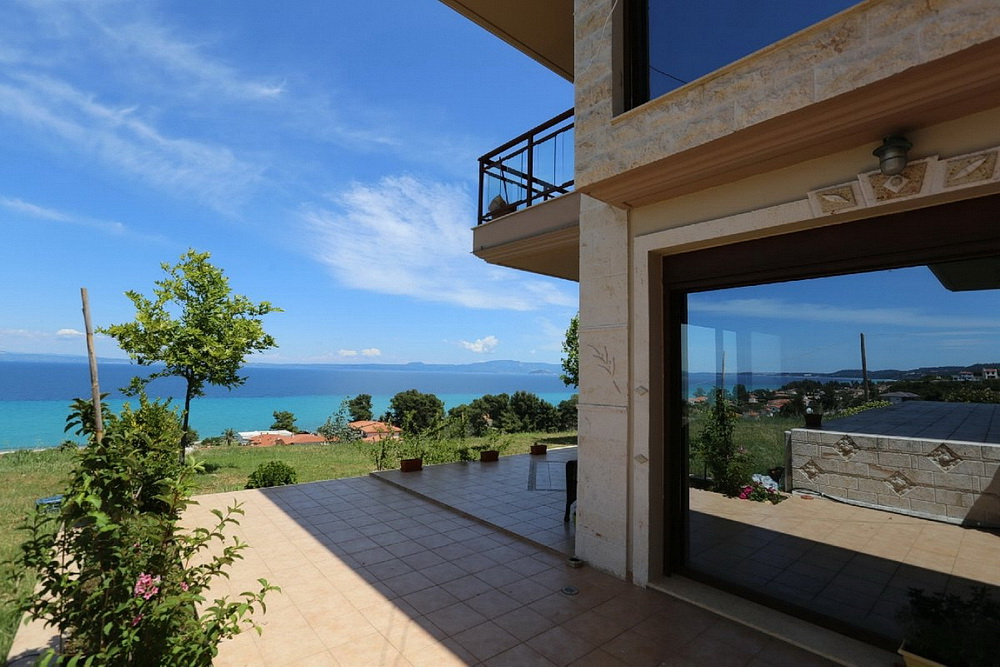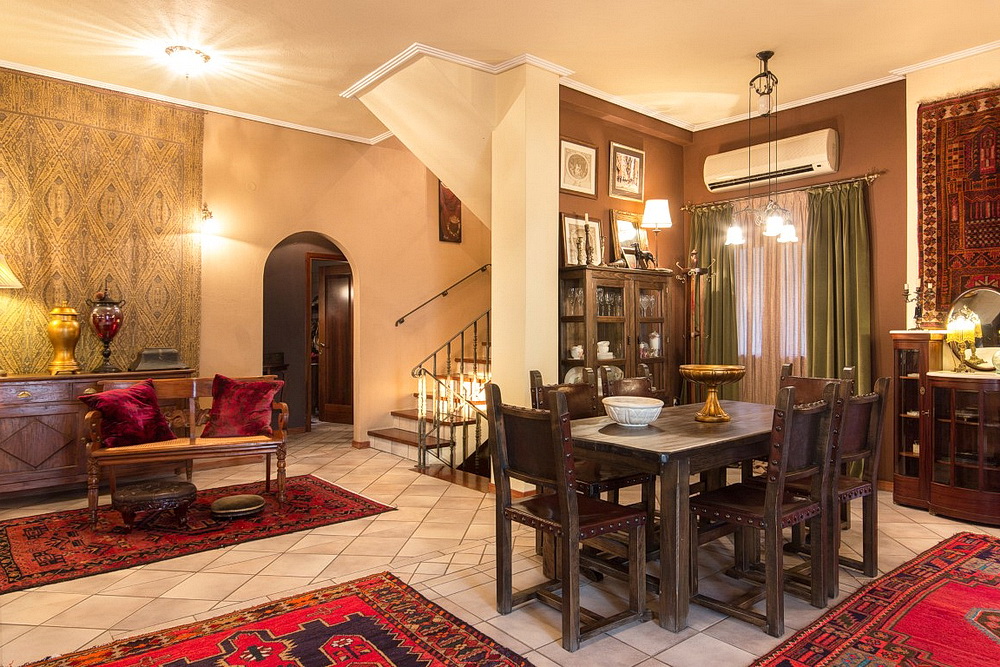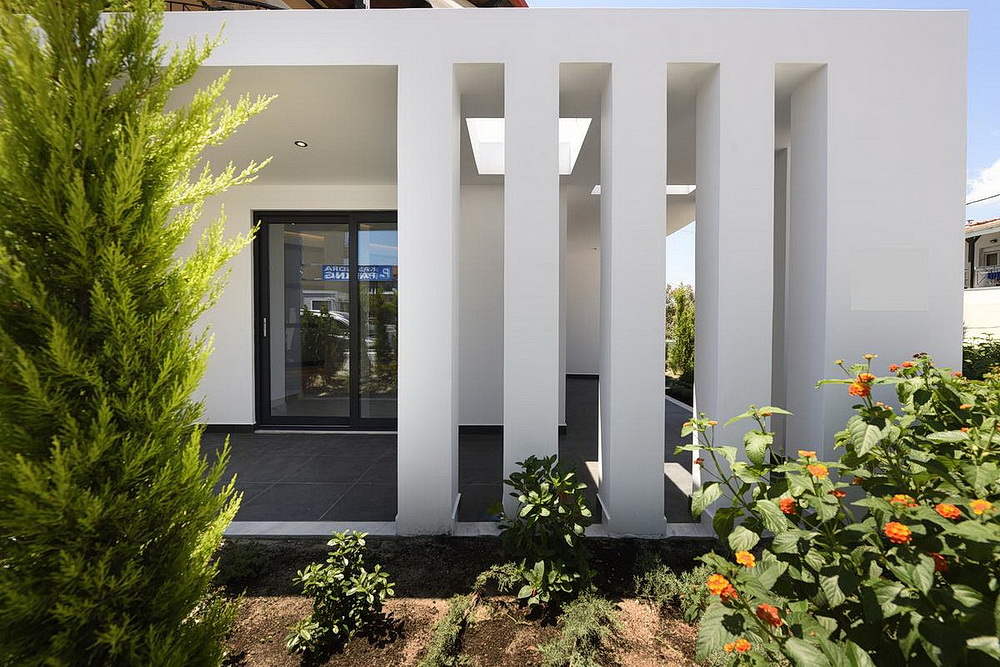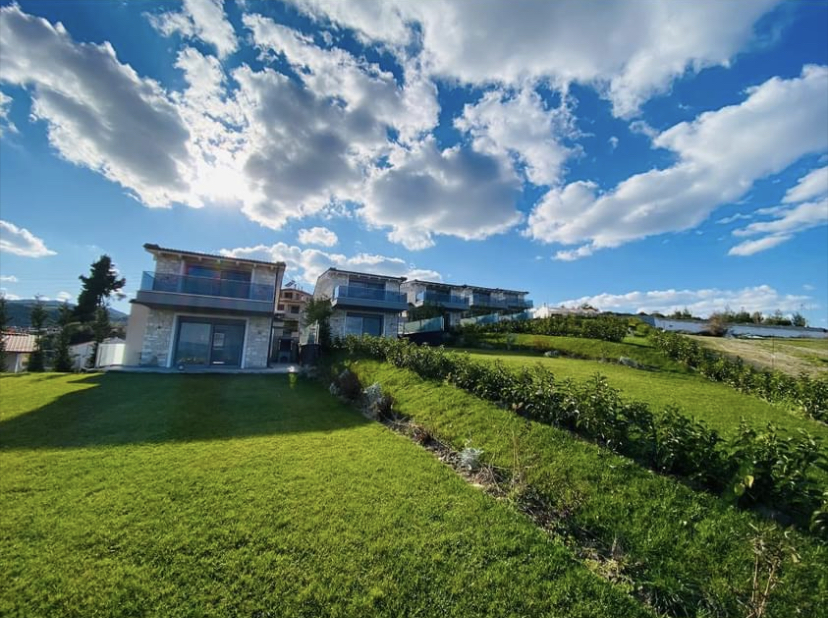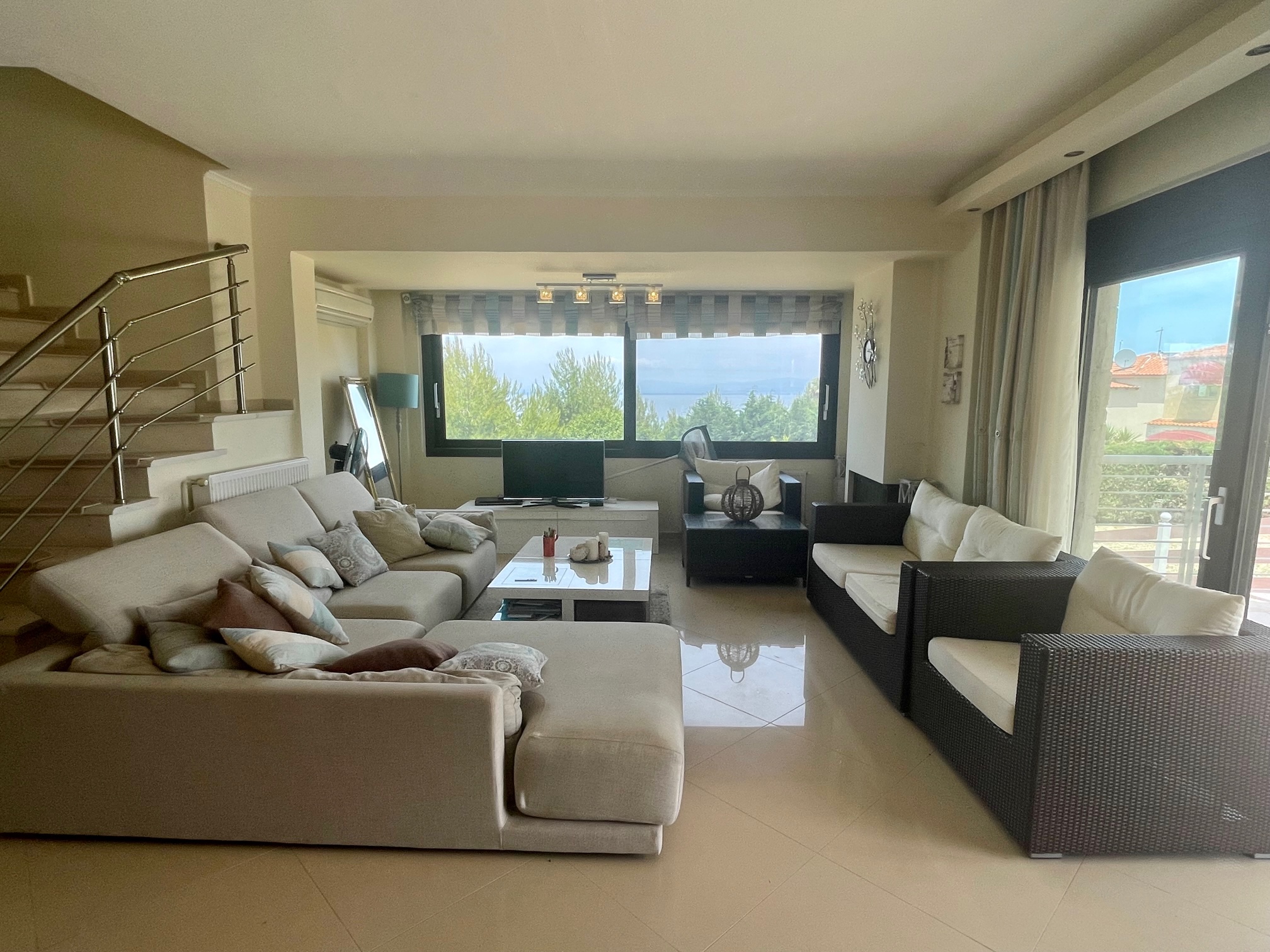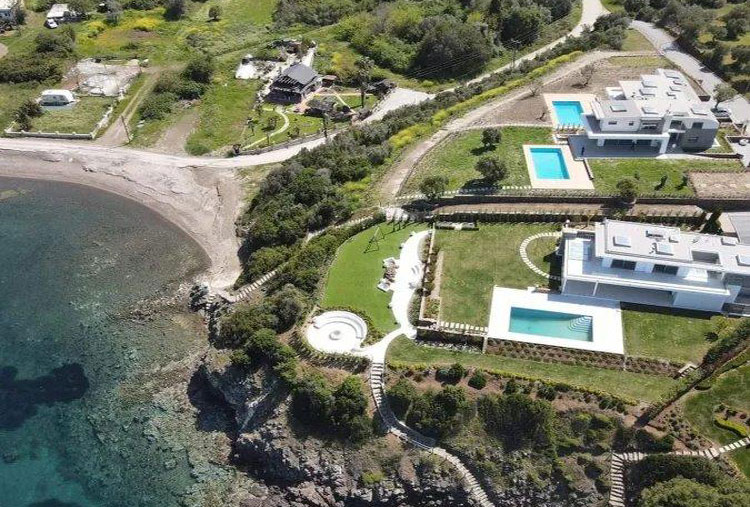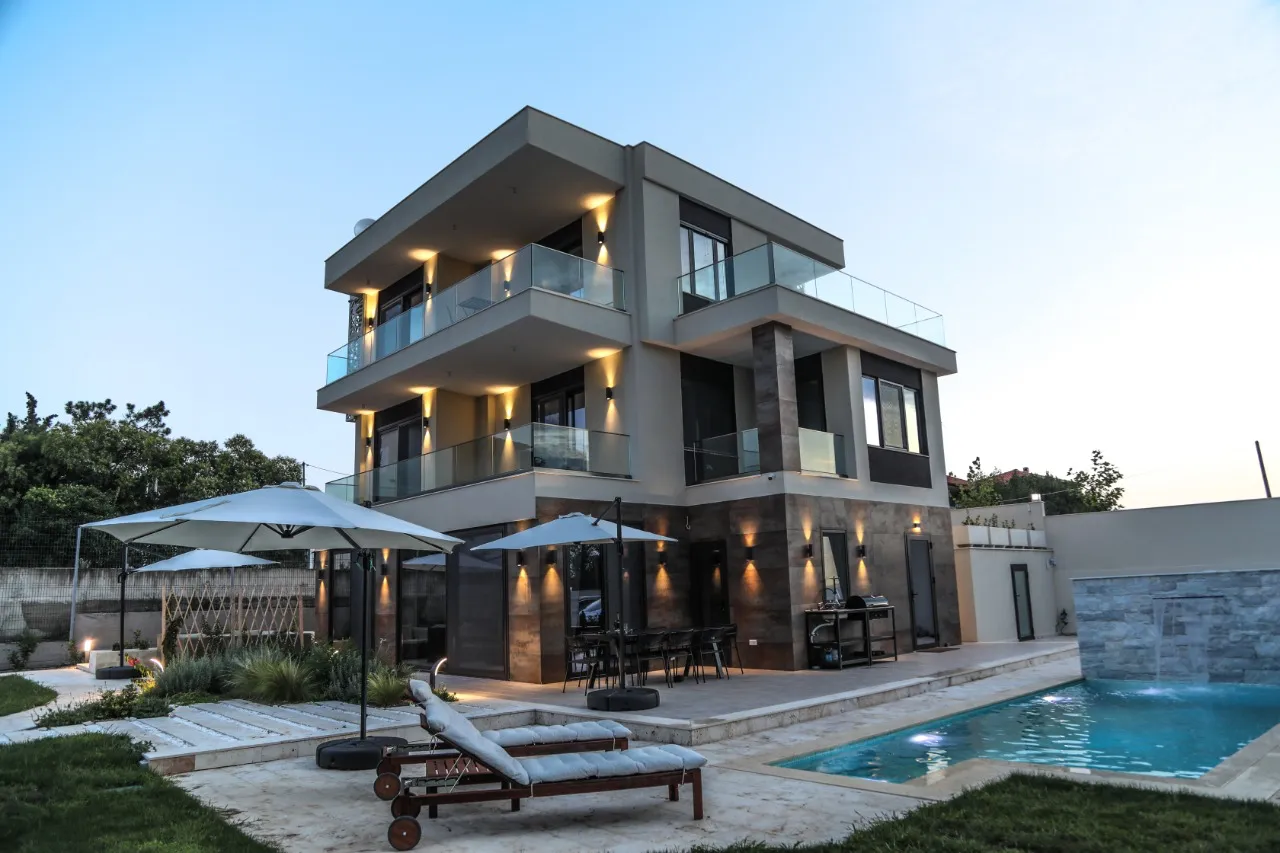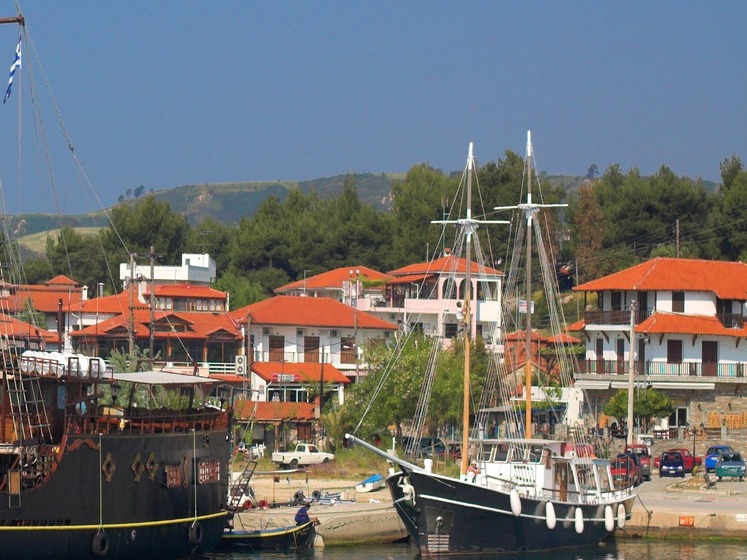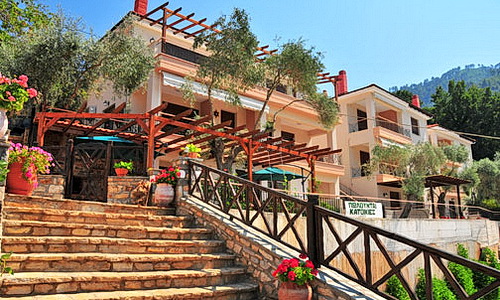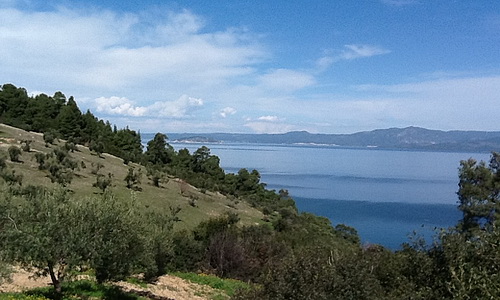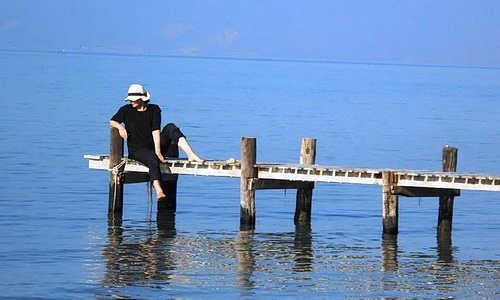Get started
What are you waiting for?
Buying property or living in Greece is possible for anyone. Like any big project, it takes a vision and a succession of small steps that take you closer and closer to your goal. Those who have successfully made the move didn’t just make the decision one morning and move the next.
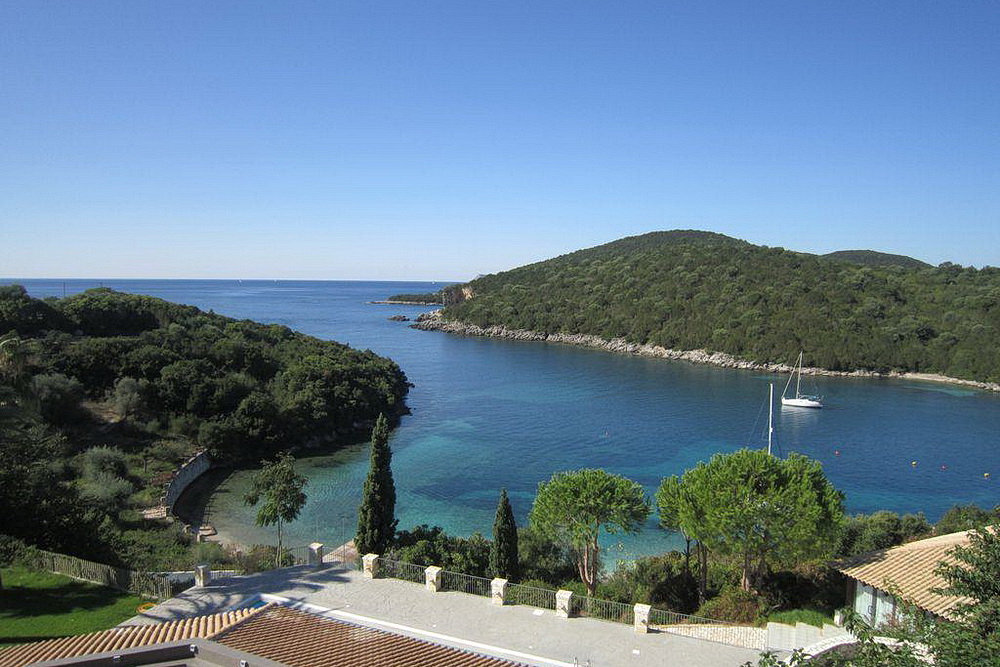
Most started with a daydream: imagining a view of the Mediterranean from their Mykonos villa perhaps, or the tranquillity of a stone cottage in the Peloponnese with olive trees all around, evenings spent eating fresh food and local wine among friends. From that, a process started: chatting to a friend who had already bought, checking out a property website to see how expensive Greek property is (hint: not very!). A quick phone conversation with an agent could lead to a spot of research on potential locations. A few hours spent on expat blogs can tell you how you might earn a living there, in the sunshine. Why not make this the year that you start taking action? Search the internet, consider your financial options, go to an exhibition, buy a book, create a journal outlining everything you want, and buy a ticket to Greece! What are you waiting for?
Can you actually buy property in Greece?
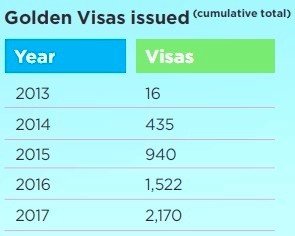
EU Nationals
European Union (EU) nationals will find buying property in Greece to be a straightforward process, although restrictions apply if you wish to buy property close to national borders or military bases. If this is the case, and you’re looking to buy in the eastern Aegean, the Dodecanese Islands, parts of Crete and Rhodes or in some parts of northern Greece, you will need to seek special permission from the local council. This is often little more than a formality for EU residents, but is harder for people from outside the EU. Your estate agent will alert you to the need to apply for this special permission.
Non-EU Nationals
In a bid to stimulate the property market and bring in much-needed foreign investment, the Greek government offers visas in return for investment – the so-called “golden visa”. This grants a residence permits to non-EU nationals and their families if they purchase residential property that costs €250,000 or more. The visa needs to be renewed every five years, but as long as they still own the property, this is normally a simple process.
The First Step – find out what you want
When you have decided to buy a property in Greece, it can help to focus the brain if you put pen to paper and note down exactly what you are looking for and the reasons that you want to do it.
-
Buying a home:
-
- If you want to buy a property to use as a home, what would make it perfect?
- Where is the best location for you and your family?
- What kind of property is most suitable for your needs? An apartment, a private villa, a holiday complex?
- How close would you like to be to schools and other amenities?
- If you plan on spending a lot of time at the beach, how close would you like to be?
-
Buying-to-let:
-
- If your plan is to rent out the property, what kind of tenants are you looking to attract?
- Where and how large will the property need to be, to attract your desired tenants?
- What other facilities will make it an attractive rental property: a pool, off-road parking, proximity to the beach?
- What rental yield can you expect to receive? What rental yield do you need to receive?
-
Buying as an investment:
-
- If finding a long-term investment is your focus, which future developments offer the best investment package?
- Which areas are going to be made even more desirable by future infrastructure changes?
- What’s the likely return on investment?
The Second Step — Information Gathering
Although it’s highly likely that your dreams and intentions will shift along the way, organising your thoughts is a great place to start. Grab a journal and write down everything that you want from your property in Greece. Having your aims clearly written out will give you a firm foundation on which to start your research. Plus, it will allow you to start working out a realistic budget. Many people who buy in Greece do so with a family member, or a close friend. Mapping out your intentions so that everything is out in the open from day one will help you to avoid arguments caused by misunderstandings, or poor communication, later down the line. The more time you take to really get to grips with what you want, why you want it and when you want to achieve it, the easier it will be to reach your goals.
The Third Step — Making a Brief
It’s those people that set out on this journey having not really established why they’re doing it that often end up with properties that are far from perfect – if they end up with a property at all. Put in the time and you’re far more likely to be successful. To get you started, why not try writing down something like this:
- I want to have a better quality of life – more space, more fresh air, more sun, better food, less hustle and bustle.
- I want somewhere that I can go to enjoy memorable holidays with family and friends.
- I’ve always wanted to live in Greece and I don’t want to wake up in my old age never having made the move and regretting it.
- I need life permission asap
The Fourth Step — Brief Complieting
Start gathering as much information on Greece as you can – both positive and negative. Take a look online at expat forums, making particular note of any issues or complaints that seem to crop up again and again. Keep an eye out for overseas property exhibitions taking place near you. These can be a good way of meeting useful contacts and getting answers, without the need to splash out on a ticket when you might be busily saving money for the property. Make notes on websites you find useful, areas that appeal and any questions that you can’t find answers to right away, so that you don’t forget them. This all-important information gathering process will allow you start to piece together a picture of what your options are and how much money you are going to need. You can use all of this information to help you form your brief, which will be a vital tool in helping you to remain on track.
What would make your property perfect?
We have put together a starting list of important questions for you to ask yourself:
About the property
- What area/region are you looking at? Rhodes, Crete, Corfu, or one of the groups of islands? Thessaloniki?
- Do you want to live in a city, suburb, town, or the countryside?
- What sort/type of property are you looking for? A house, an apartment or maybe a villa?
- How many bedrooms and bathrooms do you need?
- Would you prefer an old house or something new? If old, are you happy to manage a serious renovation? Do you want a garden and/or terrace? If so, how big does it need to be? Do you want to be amongst other expats, or would you prefer somewhere more Greek?
- What type of view would you prefer?
- What else is needed to fulfil your property requirements?
About location
- How far do you want to be from local bars, shops, restaurants, markets, beaches or the marina?
- How close do you need to be to an airport?
- Is being close to medical facilities vital to you? What else needs to be in the area – schools, entertainment, gym?
- Will you need to use public transport?
About timing
- When will you be in a financial position to purchase, and what will your budget be?
- When can you realistically think about viewing properties?
- When would you like to be handed the keys to your new property?
Guide to Buying Real Estate in Greece: The Complete Handbook:
- Part 1: Get started
- Part 2: Money matters
- Part 3: Finding and purchasing a property in Greece
- Part 4: Legal matters and life permission
- Part 5: Information for five years residence permission
- Part 6: Managing your property
- Part 7: Expenses Calculator
- A brief guide to Residence Permits for real estate owners in Greece (pdf)





































